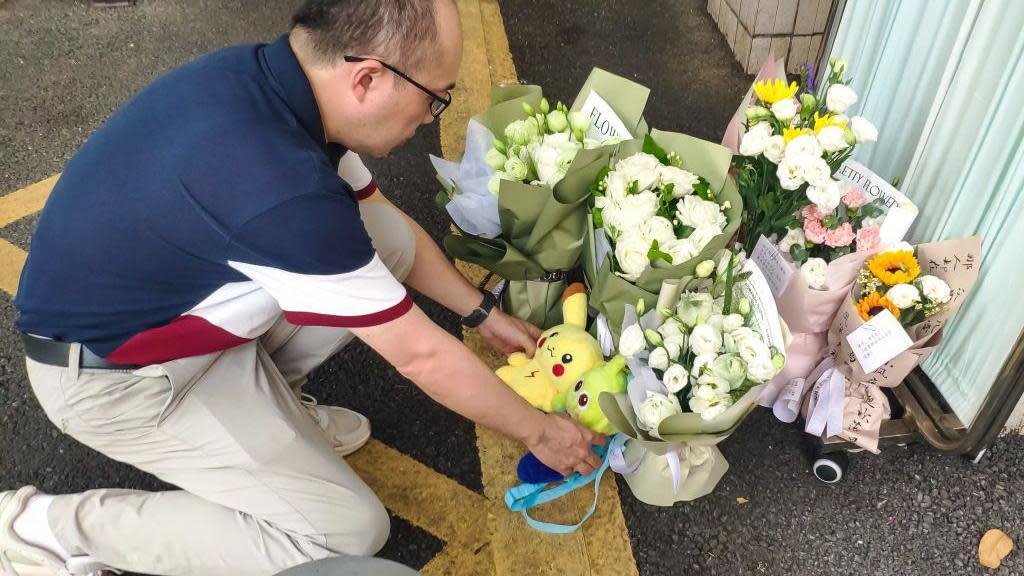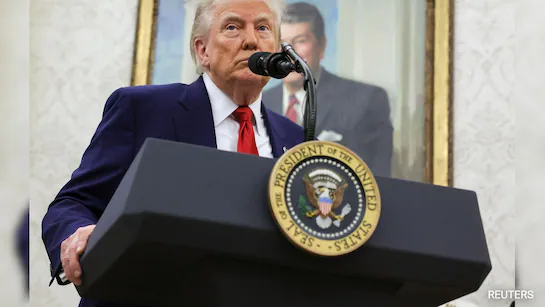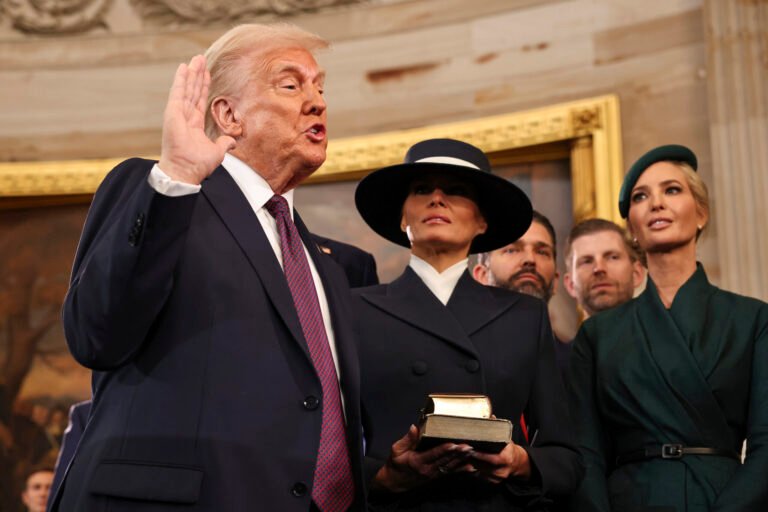
The Japanese Embassy confirmed China has executed Zhong Changchun for fatally stabbing a 10-year-old Japanese schoolboy in Shenzhen last September. The two-sided incident shocked both countries, creating a stark diplomatic clash while aggravating the potential of xenophobic violence inflicted upon foreigners within China.
Zhong fatally stabbed a Japanese school student in Shenzhen on September 18, 2024. Speculation about the motives behind the attack is fueled by the fact that it occurred on the anniversary of Japan’s 1931 invasion of Manchuria, which might indicate that the attacker held some nationalistic sentiments. Although it remains unclear, as Chinese authorities have not validated this assertion. The boy died, succumbing to his injuries the next day.
Earlier this year, in January, a court in Shenzhen sentenced Zhong to death. The court stated his actions were ‘extremely malicious’ and devoid of remorse. The statement did not refer to or allude to Japan as a source of motive or suggest that the assault had any racial origins to it. Nevertheless, other Japanese officials, including Ambassador Kenji Kanasugi, have pointed out that after the trial, Zhong purportedly claimed that he wanted to address the victim’s relatives, which casts doubt over the man’s true intentions.
The Japanese government condemned the killing as “unforgivable” and urged China to ensure the safety of Japanese nationals. Following the incident, several Japanese firms, including Toyota and Panasonic, advised employees to take precautions, with some offering emergency flights home.
The case also highlighted rising anti-foreigner sentiment in China, amplified by nationalist rhetoric on social media. It followed other high-profile attacks, including the stabbing of four American teachers in Jilin and a separate assault on a Japanese mother and child in Suzhou, which resulted in the death of a Chinese bystander. The attacker in the Suzhou case was also executed.
Sino-Japanese relations remain strained due to historical disputes, including Japan’s wartime aggression. China has long demanded a formal apology and criticized Japan’s portrayal of its colonial past in textbooks. The Shenzhen stabbing reignited these tensions, with online commentators linking the attack to lingering nationalist resentment.
While China maintains the case was an isolated incident, Japan continues to push for transparency. The execution, carried out without public details, underscores the severity of the crime but leaves broader questions about xenophobic violence in China unresolved.




